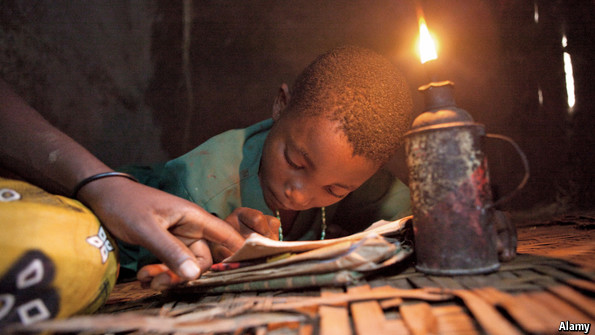A new study commissioned by the United Nations Economic Commission for Africa (UNECA) indicates that 600 million people in the continent lack access to electricity and 900 million have no access to clean cooking fuel.
The study titled “Energy Prices in Africa: Transitioning Towards Clean Energy for Africa’s Industrialization” cites countries such as Liberia, Malawi, Burundi, Central African Republic and South Sudan as having stagnated or reversed on electricity access. On the other hand, Nigeria, the Democratic Republic of Congo and Ethiopia have the biggest electricity access deficits on the continent.
“There’s no way Africa can build forward better if we do not make adequate investments in energy and ensure affordable access for all,” said UNECA Executive Secretary, Vera Songwe, at the launch last week. She urged countries to ensure that there’s cost reflective pricing in the energy sector.
“Access to cheap and clean energy is an essential component of Africa’s transformation and industrialization,” said Oliver Chinganya, Director of the African Centre for Statistics (ACS), who moderated the session.
The ACS Director added, “In the context of AfCFTA (Africa Continental Free Trade Agreement) deployment and implementation, supplying economies with affordable fuel is integral to supporting actions for faster achievement of the Sustainable Development Goals and Africa’s Agenda 2063.”
The report deplores the fact that Africa relies mainly on fossil fuels and biomass instead of diversifying its primary energy supply, given its plethora of resources (renewable and non-renewable). Households use 86% of biofuel and waste energy for cooking, while the transport sector consumes 78% of oil. Natural gas is mainly used in industrial sector.”
Moreover, onshore wind costs $59 per MW while utility solar PV costs $79 per MW. The cost of coal is $109 per MW and natural gas stands at $74 per MW.”
UNECA has also urged utilities across the continent to cut transmission and distribution losses that make them dependent on government bailouts.
At this rate, and according to the SDG 7 tracking report, Africa will not meet the SDG 7 targets due to limited supply and access to electricity. About $40 billion worth of investments per year is needed to meet the continents energy needs.
To attain this goal, the report recommends that countries must provide an enabling environment for crowding-in private sector investments in the electricity sector; apply cost reflective tariffs while paying attention to efficient generation of electricity to lower the costs; and provide incentives and mechanisms to increase the share of renewable energy in the power systems.

